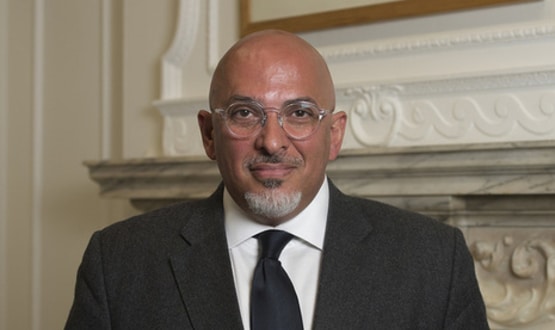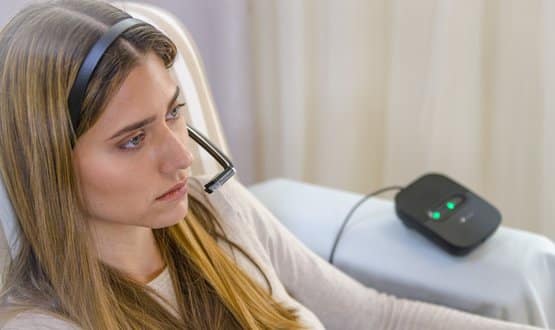Keogh predicts NHS wearables revolution
- 20 January 2015

Wearable technology could lead to “a revolution in self-care” by improving the monitoring of patients with long-term conditions, NHS England’s medical director has said.
Speaking to The Guardian, Professor Sir Bruce Keogh said the NHS will move ahead with a “huge rollout” of wearables and other mobile technologies in the next few years to reduce the strain on the health service.
Keogh told the paper that the rising popularity of “increasingly sophisticated” fitness trackers has shown the way forward for devices that can collect more clinically relevant information.
“There are devices coming along which not only measure how much exercise you do but can also measure your heart rate, your respiratory rate, and whether or not you’ve got excess fluid in your body – quite complex changes in your physiology.
“Technology is emerging which enables those to be brought together and transmitted through mobile phones or other methods where health professionals can analyse them and act upon any warning signs,” he is quoted as saying.
Keogh mentioned diabetes, liver disease and asthma as specific conditions where patients could benefit from wearing devices which can detect deterioration and alert the patient or anyone else they choose via mobile phone.
“This monitoring will help keep people safe in their own homes rather than just waiting for serious deterioration necessitating an ambulance or GP call, followed by admission to hospital for several days.”
Keogh said wearables could also enable early detection of heart failure to relieve the strain on hospitals and prevent unnecessary admissions.
“I see a time where someone who’s got heart failure because they’ve had a previous heart attack is sitting at home and wearing some unobtrusive sensors.
“[Then, if] his phone goes, it’s a health professional saying: ‘Mr Smith, we’ve been monitoring you and we think you’re starting to go back into heart failure. Someone’s going to be with you in half an hour to give you some diuretics’.”
Technology “enables you to predict things, to act early and to prevent unnecessary admissions, thereby not only taking a load off the NHS but, more importantly, actually keeping somebody safe and feeling good,” he said.
Keogh cited an eight-month “low intensity telehealth” trial in Sussex care homes, involving tablets fitted with an app so staff could ask patients questions about their condition, saying it led to a 75% drop in hospital admissions due to earlier interventions.
The National Information Board’s IT framework includes several references to wearables, stating that “next-generation wearable devices and mobile technologies will help people manage their health better and deal more effectively with illness and disability.”
Overall, Keogh was promoting the message in his Guardian interview that the NHS will have to make significant changes if it is to survive in the future.
The ‘Five Year Forward View’ published by NHS England chief executive Simon Stevens last year says a new drive on public health, new service models, and £8 billion over five years will be necessary to close a £30 billion gap between demand and funding by 2020-21.
Without support for new models to shift care out of hospitals, Keogh warned: “We will get to a place where the NHS become unaffordable and we will have to make some very difficult decisions which will get to the very heart of the principle of the NHS and its values.
“This will open up a whole series of discussions about whether the NHS is fit for purpose, whether it is affordable, and whether the compact of the citizen of free healthcare for all is sustainable for the long term.”




